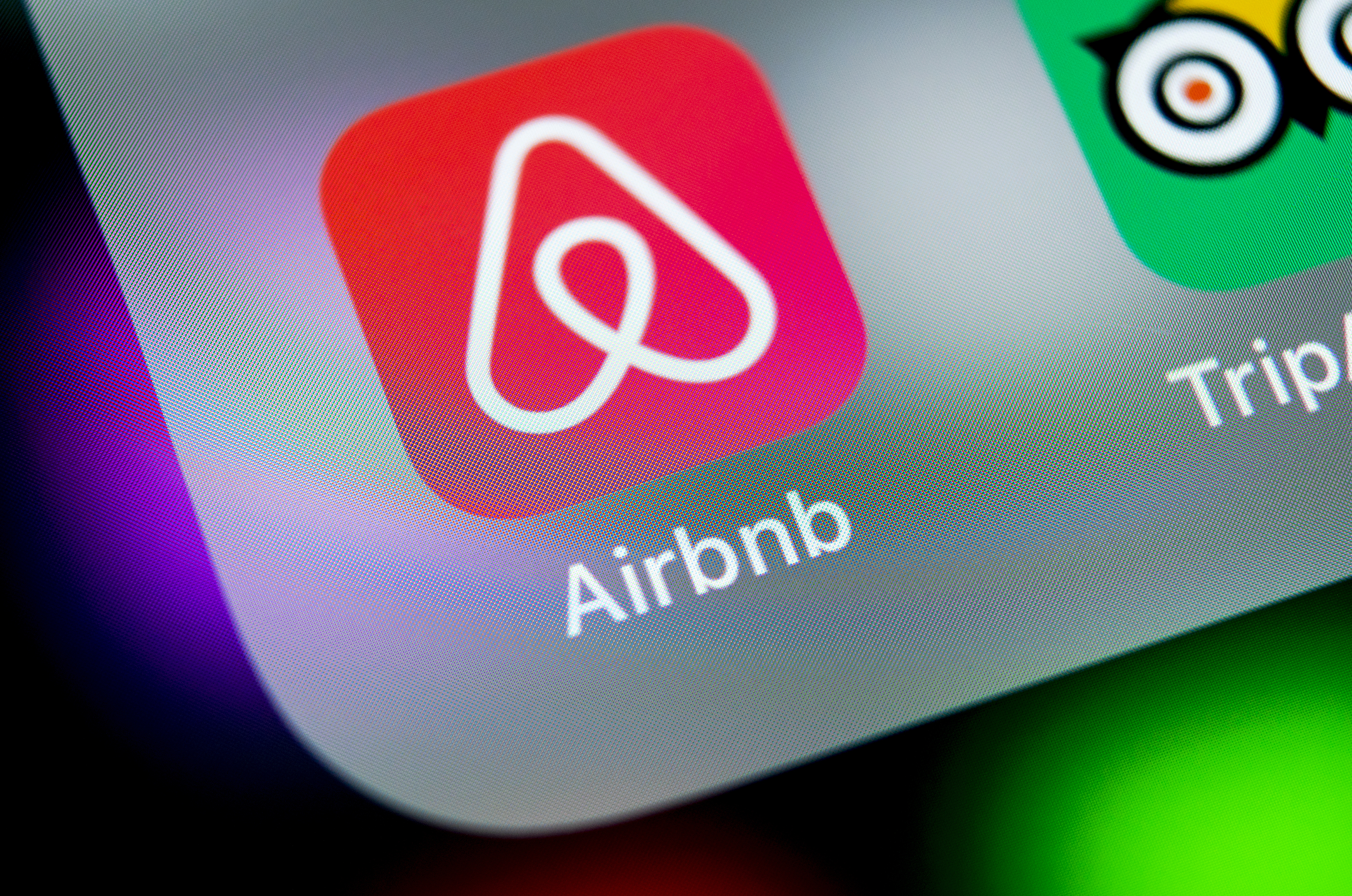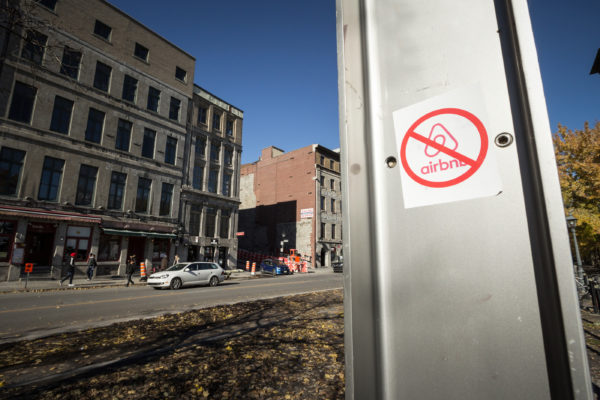AirBnb Fighting With Cities, Leaving Customers In The Middle

Airbnb has been around for just over a decade with the past few years creating serious disruption in the lodging industry. They’re in a protracted battle with New York City, including a lawsuit and subpoenas in recent months. New York City isn’t the only one trying to disrupt the business model of the disruptor. New Jersey has instituted an “Airbnb tax”. And, they’re tangling with Miami Beach as well.
The fight in South Florida seems especially bitter. Code compliance officers knocking on doors, asking renters who they rented from. In certain situations, customers are being asked to leave their rental, which they already paid for. Airbnb says they’ll accommodate you if that happens.
I am Not an Airbnb Fan
Before we get too deep into this post, I think it’s fair to disclose I’ve never stayed in an Airbnb, or any of their competitors. There are plenty of reasons why Airbnb can make sense, especially for family travel. Extra space is hard to come by in hotels, and virtually always comes at a premium. It makes sense to me why families (and individuals) would want to consider these options. Thousands of people rent from the likes of Airbnb and never have a problem. That sort of success rate spreads, as people tell their friends how much they saved and how lovely the house or apartment they rented was. Bad experiences get some press, but far more people have positive experiences.
Airbnb is not for me. I like extra space just as much as the next guy. But, I don’t like the uncertainty of an Airbnb. I don’t want to show up and find out I can’t find my host. I don’t want to hunt for hidden cameras in my room. If there’s a problem in the middle of the night with my room, I want to have a hotel front desk ready to address. I understand that some of the same problems that happen in an Airbnb can happen in a hotel. I just prefer to have the structure of a hotel chain for my vacations. Now that you know my bias….
The (New) Pitfalls of Airbnb
Airbnb is the largest and most prominent of the players in this space. Thus, many cities are targeting them as opposed to their competitors. It’ll catch up with the majority of companies one time. But, for now Airbnb takes the brunt of new regulation. On top of the aforementioned risks, such as a host not being available when you need them, you also bear risk from these new rules. It’s unlikely you’ll have a code compliance officer knock on the door of your Airbnb and tell you that you need to leave. But, it is a risk you should be aware of.
While not a perfect solution, you can arm yourself with some information before you book. The articles I reference above were all found with an easy Google search. You know that Miami Beach and the Jersey Shore are cracking down on Airbnb. Take the extra time to search the area you’re traveling to in case there’s news of concerns you need to be aware of. Make sure you’re renting from a reputable host where you can.
The Business Side of the Argument
Airbnb is fighting a number of jurisdictions on the changes being put in place that hamper their business model. As a small business owner, I have no sympathy for Airbnb. There’s evidence that the hotel chains are lobbying for some of the regulatory changes. That might seem like unfair pressure by the hotel chains. However, keep in mind that in many cases hotel chains are paying taxes that Airbnb hosts aren’t. In Manhattan, the hotel taxes are almost 15%. If I were a hotel owner, I’d want everyone on a level playing field.
As a restaurant owner, I may not like the additional taxes and fees being charged by various jurisdictions. But, I’d be especially angry if I was paying them in a timely manner while my competition wasn’t. Disruption is a messy business, and it generally leads to more competition. That’s good for consumers. But, regulation can be good for consumers, in ways you may not even realize. If a hotel puts a refrigerator in your hotel room, they’re required to make sure it maintains the correct temperature. That, and many other aspects, are inspected periodically by regulators. The requirements and oversight for such things on an Airbnb rental are significantly less clear.
The Final Two Pennies
There are plenty of products and services that I think are good for the travel industry, even if I’m not a customer. Airbnb falls squarely in that category. I wish the likes of Airbnb and Uber didn’t fight regulation in the manner they choose to do so. But, that’s not changing anytime soon. Until it does, you need to be aware that you can get caught in the middle of these battles. Your remedies are undefined, at best. Arm yourself with the information to make the best decision possible for you.
Did you enjoy this post? Please share it! There’s plenty of ways to do that below.
You can also follow me on Twitter, Facebook and Instagram.
And, I hope you’ll check out my podcast, Miles To Go. We cover the latest travel news, tips and tricks every week so you can save money while you travel better. From Disney to Dubai, San Francisco to Sydney, American Airlines to WestJet, we’ve got you covered!


I agree with your points about AirBnB. I would also add to the uncertainty the fact that an AirBnB host can cancel your stay with very short notice (it has happened to me!). And then there’s also consistency (or lack of it): when you stay at a brand hotel, you know what to expect. You know how the bed will feel, how the A/C will work, etc. Not at AirBnB. The bed may be very uncomfortable, the shower incredibly small, the front door very dirty (I’ve had a personal experience with all of these).